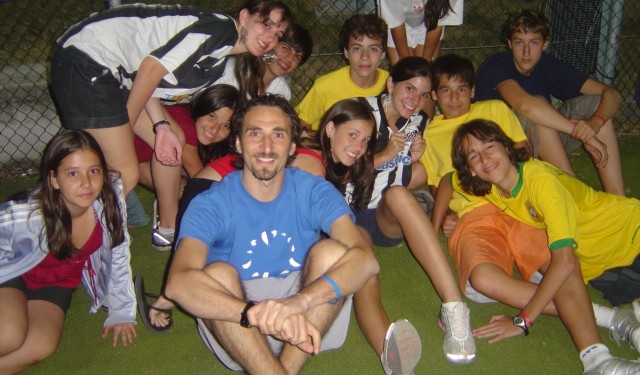While the global recession and curbs to student visas in some countries made 2011 a more challenging year for those offering adult language programmes in Europe and the US, the story has been quite different in the junior language market.
News and business analysis for Professionals in International Education
Have some pie!
Is the junior language market seeing a boom?

Major players have seen sustained, sometimes rapid, growth in recruitment over the last few years; opening new campuses and increasing the diversification of nationalities on their courses.
Driving the phenomenon is an ever more competitive job market in which having a second language – and having studied abroad – gives young people a distinct advantage. For this reason, say providers, during a period of economic austerity in many language learning markets, parents are willing to continue spending on their children’s education while making savings on their own.
“The world has in effect become a smaller place and parents want their children to have the knowledge and language ability to play a full part in a globally interconnected future,” says Matt Hird, Study Centres Director at ISIS Education Group, whose UK summer programmes have grown 25% over the past four years to around 12,000 students.
The Ardmore Group, which is opening seven new juniors centres in 2012 in the US, the UK and Canada, also puts its success down to such parental ambition. “Job opportunities have been shrinking with the global crisis and employers are becoming more selective therefore having English as a second language has become more important,” says chief executive Sarah Flindall.
Multilingual demand
It appears the demand is not only for English courses. In Europe, Italy’s Linguaviva says it sees around 5% growth each year for its Italian classes, while Germany’s DID says interest from students wanting to learn German in Berlin has increased.
“Junior courses are becoming an educational rite of passage”
Another success story is Azurlingua in the South of France, which has expanded from 20-30 students to 2,500 students in the last 10 years. Director, Jean Luc Librati, says the French market is coming to maturity, with junior courses becoming an educational rite of passage for language learners and being taken more seriously.
“Let’s say that 10 years ago, it was more like ‘let’s have fun and at the same time learn French’. Now it’s more ‘let’s learn French and at the same time we’ll have fun’,” says Libreti.
Students on Azurlingua’s courses now take exams recognised not only by the French Government, but also the Common European Framework of Reference for languages which enables qualifications to be recognised across European borders.
“This new way to recognise language ability is becoming better and better known,” says Libreti. “It is also proof that the market is reaching a more professional level.”
While the need for a second language is certainly the fuel for growth, other factors are catalysts. One such is visa conditions. As junior courses are generally short haul and rarely year round, students can usually enter a country far more simply than adults, often on a tourist visa. [more>>]
Still looking? Find by category:



Pingback: Young Learners Language Education Tops Family Budget Priorities, Shows the Verbalisti Survey in Serbia, Montenegro, Croatia and Bosnia | PRODIREKT